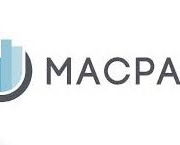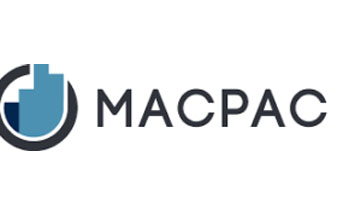MACPAC Issues Recommendations to Congress
The Medicaid and CHIP Payment and Access Commission has submitted its annual report to Congress on Medicaid and the Children’s Health Insurance Program.
 The report includes recommendations for:
The report includes recommendations for:
- improving Medicaid’s responsiveness during economic downturns
- addressing concerns about high rates of maternal morbidity and mortality;
- reexamining Medicaid’s estate recovery policies
- integrating care for people who are dually eligible for Medicaid and Medicare
- improving hospital payment policy for the nation’s safety-net hospitals
MACPAC is a non-partisan legislative branch agency that “provides policy and data analysis and makes recommendations to Congress, the Secretary of the U.S. Department of Health and Human Services, and the states on a wide array of issues affecting Medicaid and the State Children’s Health Insurance Program (CHIP).” Its mandate calls for it to address matters such as Medicaid and CHIP payment, eligibility, enrollment and retention, coverage, access to care, quality of care, and the programs’ interaction with Medicare and the health care system generally.
Because Pennsylvania safety-net hospitals care for so many more Medicaid and CHIP participants than the typical community hospital, MACPAC’s deliberations are especially important to them.
Learn more about MACPAC’s recommendations in its Report to Congress on Medicaid and CHIP.

 The October 2020 MACPAC meeting opened with a panel discussion on restarting Medicaid eligibility redeterminations when the public health emergency ends. It included Jennifer Wagner, director of Medicaid eligibility and enrollment at the Center on Budget and Policy Priorities; René Mollow, deputy director for health care benefits and eligibility at the California Department of Health Care Services; and Lee Guice, director of policy and operations at the Department for Medicaid Services, Kentucky Cabinet for Health and Family Services.
The October 2020 MACPAC meeting opened with a panel discussion on restarting Medicaid eligibility redeterminations when the public health emergency ends. It included Jennifer Wagner, director of Medicaid eligibility and enrollment at the Center on Budget and Policy Priorities; René Mollow, deputy director for health care benefits and eligibility at the California Department of Health Care Services; and Lee Guice, director of policy and operations at the Department for Medicaid Services, Kentucky Cabinet for Health and Family Services. The February 2020 MACPAC meeting opened with a continuation of MACPAC’s examination of Medicaid’s role in maternal health, when Medicaid officials from Michigan, New Jersey, and North Carolina joined the Commission to discuss how their states are addressing maternal morbidity and mortality.* The Commission plans to include a chapter on maternal health in its June 2020 report to Congress. Commissioners later turned their attention to policy options for improving enrollment in the Medicare Savings Program.
The February 2020 MACPAC meeting opened with a continuation of MACPAC’s examination of Medicaid’s role in maternal health, when Medicaid officials from Michigan, New Jersey, and North Carolina joined the Commission to discuss how their states are addressing maternal morbidity and mortality.* The Commission plans to include a chapter on maternal health in its June 2020 report to Congress. Commissioners later turned their attention to policy options for improving enrollment in the Medicare Savings Program. Last week the Medicaid and CHIP Payment and Access Commission released its annual report to Congress, with most of the report focusing on its analysis and recommendations for policy updates involving Medicaid disproportionate share hospital payments (Medicaid DSH) and Medicaid upper payment limit payments (UPL payments).
Last week the Medicaid and CHIP Payment and Access Commission released its annual report to Congress, with most of the report focusing on its analysis and recommendations for policy updates involving Medicaid disproportionate share hospital payments (Medicaid DSH) and Medicaid upper payment limit payments (UPL payments).